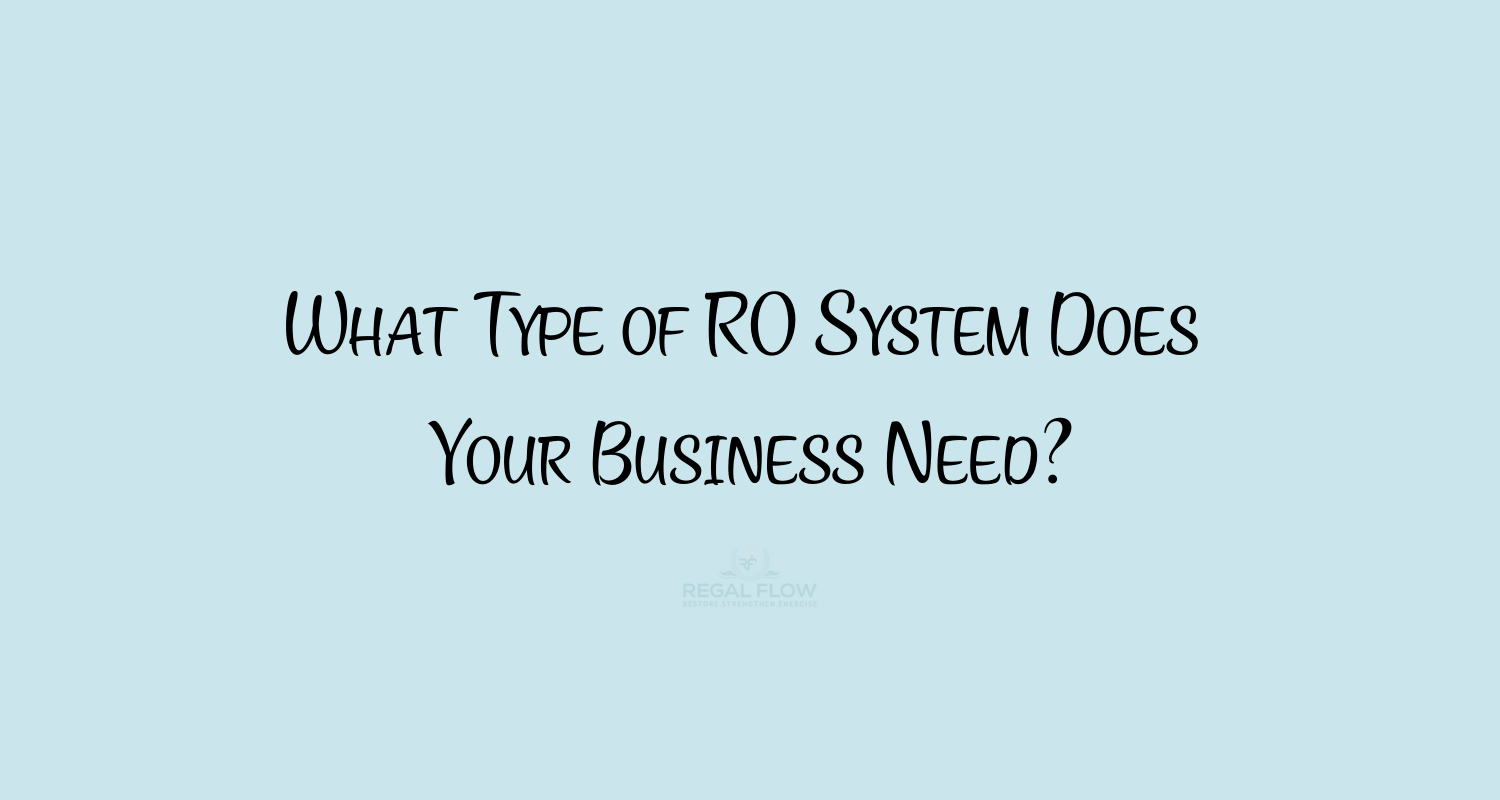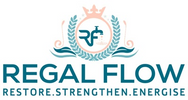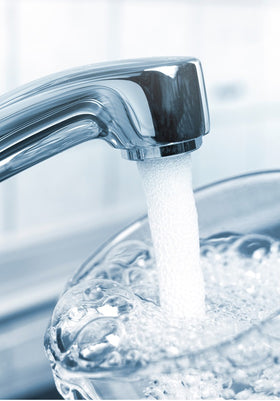
Selecting the Right Commercial RO System for Your Business
Choosing the right commercial RO system for your business doesn’t have to be a headache—just a splash of knowledge! In Reverse Osmosis Systems for Commercial & Industrial Applications, we break down everything you need to know—whether you're eyeing sleek countertop dispensers or powerhouse reverse osmosis systems—so you can choose the perfect fit for clean, efficient water. Keep reading to find out how!
Understanding Your Business's Water Quality Needs
Before you dive into the world of reverse osmosis (RO) systems, it’s crucial to understand what your business actually needs when it comes to water quality. Clean water isn’t just nice to have—it's essential for your operations, product quality, and even customer satisfaction.
Identifying Contaminants and Desired Purity Levels
The first step is figuring out what’s lurking in your water. A quick water test can identify common contaminants like dissolved solids, chlorine, or even bacteria. Knowing what’s in the water helps you choose the right level of filtration. Some businesses might only need water that’s safe to drink, while others—like in food production or pharmaceuticals—need near-perfect purity.
Determining Water Usage Requirements
Next up, how much water do you use daily? If you're running a bustling café or a brewery, your water demands will be pretty high. The trick here is to estimate peak usage times, so your system can handle the load. Choosing a system that can meet your daily and peak water requirements is essential for smooth operations.
Key Factors to Consider When Choosing a Commercial RO System
When it comes to selecting the right RO system, there’s a lot to consider. From system capacity to maintenance needs, the choices can be overwhelming. Here’s a rundown of the most important factors to keep in mind.
System Capacity and Flow Rate
Think of your RO system as the heart of your water supply. If it’s not capable of handling your business’s water needs, it’ll quickly become a bottleneck. The capacity and flow rate of your system are key—if your business uses large quantities of water, a bigger system might be required. You don’t want to find yourself running out of water during the lunch rush, right?
Pre-Treatment Requirements
Some water sources come with a whole host of impurities that reverse osmosis systems don’t deal with effectively. Things like chlorine or sediment can damage your system or reduce its efficiency. This is where pre-treatment comes in. Depending on your water quality, you might need additional filters or water softeners to give your RO system a helping hand.
Membrane Type and Efficiency
The membrane is the star of the show in an RO system. The better the membrane, the more effective your system will be at removing contaminants. Think of it as a sieve, but with a very fine mesh that catches even the smallest particles. Make sure you’re getting an efficient membrane that’s tailored to your needs. The more efficient the membrane, the less maintenance you’ll need, and the cleaner your water will be.
System Footprint and Installation Considerations
Space matters, especially in tight environments like kitchens or offices. Before making a decision, check how much space the system will need, and consider whether installation is straightforward. Is it easy to access for maintenance? Is it going to fit where you want it? Planning ahead here can save you time and hassle later.
Budget and Operating Costs
It’s easy to focus on the upfront cost of an RO system, but don’t forget the running costs. Energy consumption, system maintenance, and replacement filters all add up. Ideally, you want a system that balances initial cost with long-term efficiency. After all, you want a system that works well and doesn’t break the bank.
Types of Commercial RO Systems Available
Not all RO systems are created equal, and choosing the right type is a big part of getting the best performance for your needs. From compact systems for small businesses to high-volume solutions for large operations, there's a lot of variety.
Point-of-Use Systems
For smaller businesses with modest water needs, point-of-use systems are a smart choice. These systems are compact, easy to install, and perfect for businesses like cafes or small offices. They provide filtered water directly where it’s needed, whether it’s for drinking, cooking, or cleaning. Plus, they’re cost-effective, so you won’t be paying for unnecessary capacity.
Centralized Systems
Larger businesses, on the other hand, might need a centralized system. These systems provide water purification for the entire facility, catering to high-volume requirements. They’re perfect for industries like hospitality or food production, where clean water is essential in multiple areas, from cooking to cleaning.
Application-Specific Systems
Some industries have very specific water requirements. For example, pharmaceutical companies need ultra-pure water for their processes, while food manufacturers may have strict hygiene standards to meet. Application-specific systems are built to meet these specialised needs, offering advanced filtration and ensuring high water purity.
Evaluating RO System Features and Specifications
Now that you have an idea of the type of system you need, it’s time to dive into the finer details. Features like pump type, tank size, and automation options can make a big difference in performance and ease of use.
Pump Type and Pressure
The pump plays a big role in ensuring your system delivers water at the right pressure. Higher pressure means better filtration, but it can also lead to higher energy costs. Make sure the pump is the right size for your system’s capacity, so you get the best balance of power and efficiency.
Tank Size and Material
If your system stores water in a tank, consider both the size and material of the tank. The tank needs to be large enough to handle your daily water needs, but it should also be made of durable, food-grade material to prevent contamination. A well-constructed tank will last longer and ensure your water stays clean.
Automation and Control Options
Modern RO systems often come with automation features that make life easier. You might find systems with remote monitoring capabilities or automated cleaning cycles. These features can save time, reduce maintenance, and ensure the system runs smoothly without constant manual intervention.
Working with RO System Suppliers and Installers
Choosing the right system is only half the battle—working with reliable suppliers and installers is key to ensuring your system runs without a hitch. Building a good relationship with your supplier can make all the difference in getting the right system and support.
Asking the Right Questions
When working with suppliers, it’s important to ask the right questions. Find out about system performance, ongoing maintenance, and energy consumption. Make sure you know exactly what’s included in the installation process and whether the system will meet your long-term needs.
Understanding Warranties and Support
A good warranty and after-sales support can save you money in the long run. Ask about what’s covered, how long the warranty lasts, and whether the supplier offers maintenance packages. Knowing that you’ll have ongoing support ensures your system continues to run smoothly.
Conclusion: Making an Informed Decision for Your Business's Water Needs
Choosing the right commercial RO system is more than just picking the first model you find. By considering your water quality needs, system capacity, and the specific demands of your business, you can ensure that your investment pays off. Whether you’re opting for a point-of-use system or a larger centralized solution, making an informed decision will help keep your business running smoothly, improve product quality, and save you money in the long run. Take the time to do your research, and you'll be sure to choose a system that meets your needs for years to come.
More Reverse Osmosis info we think you'll love
RO Systems in the Food & Beverage Industry: Enhancing Quality and Compliance
Implementing RO Technology in Hospitality: Elevating Guest Experience
Reverse Osmosis in Healthcare and Laboratories: Ensuring Purity and Safety
Optimising Coffee Shop Operations with RO Water Filtration
Maintaining Your Commercial RO System: Best Practices and Tips
Which Chemical is Best for RO Membrane Cleaning?
Industrial Reverse Osmosis Cost per Gallon
Commercial Water Filtration Systems
Industrial Reverse Osmosis System Cost
Light Commercial Reverse Osmosis System
Reverse Osmosis Pressure Vessel
Reverse Osmosis vs Carbon Filter



Leave a comment